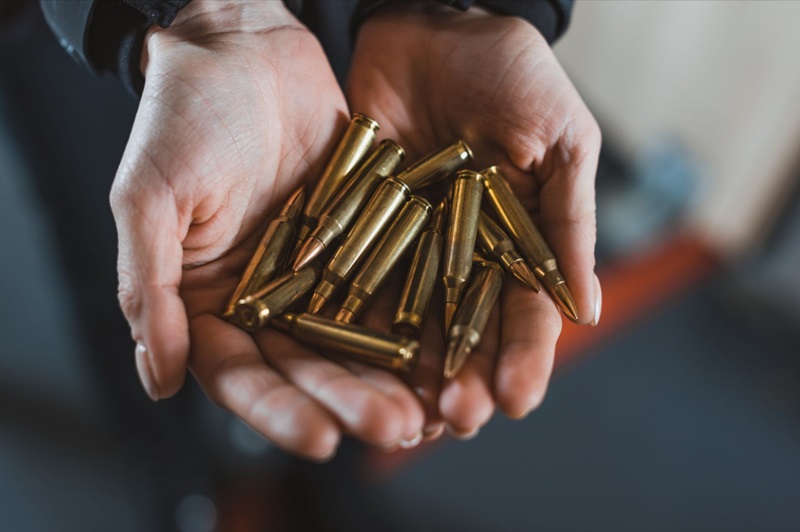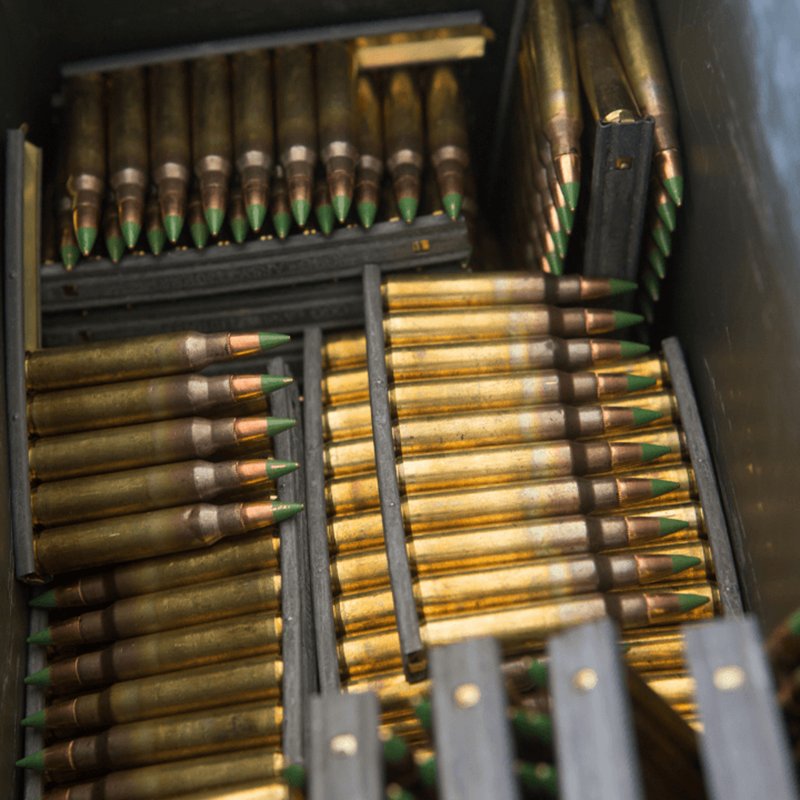A weekend hobby for some, a life passion for others, hunting and sport shooting is a popular activity for many Canadians. The country's richly diverse fauna and centuries-long tradition make hunting attractive for both residents and visitors. But if this is a new experience for you, learning more about the ammunition you can use and the country’s hunting regulations should be at the top of your list before you head for the mountains.
Understanding the Basics

Selecting the right ammunition is crucial for both ethical and practical reasons. It requires an understanding of a few basic things, like calibre, bullet type, shooting purpose, and legal restrictions. Additionally, high-grade rifle ammunition significantly affects accuracy and success in the field. Consider factors such as the type of game you are hunting, the distance you expect to shoot from, and the environment.
Rifle Calibres for Different Game
Rifle cartridges are mainly intended for deer, elk, and bear. There are different calibres serving different hunting purposes. Calibre refers to the rifle barrel’s diameter, which determines the maximum size of ammunition that will safely fire. As the calibre increases, so does the diameter of the bullet and, generally, the size of the game it is suitable for. It is imperative to utilize the identical type of cartridge referenced on the barrel or receiver of your rifle. These are some general guidelines:
- Small Game (rabbits, squirrels): For small game, you want to go with a lighter calibre such as. 22 LR or. 17 HMR. These rounds offer sufficient power to take down small animals without excessive damage to the meat.
- Medium Game (deer, antelope): Common choices for medium-sized game include 243 Winchester, 270 Winchester, and. 308 Winchester. All of these calibres offer a balance of power, range, and accuracy.
- Large Game (elk, moose, bear): For large game, you want more power, like 30-06 Springfield,. 300 Winchester Magnum, or. 338 Lapua Magnum. These rifle rounds can penetrate deeply and deliver enough energy to take down big animals effectively.
What Ammo Do Rifles Use?
The design and construction of the bullet are also a significant factor. There are different bullets for different hunting applications. Some of the common types of bullets include:
- Full Metal Jacket (FMJ): FMJ bullets are not usually intended for hunting due to their tendency toward minimal expansion and maximum penetration. They are more appropriate for target shooting.
- Soft Point (SP): Soft point ammunition features a lead tip that is exposed and causes expansion upon impact. These types are ideal for hunting due to their controlled expansion and superior penetration.
- Hollow Point (HP) – Hollow point rounds are designed to expand when they hit their intended target, damaging vital organs. They are mostly used for varmints and small game but are also suitable for medium game with the right calibres.
- Polymer Tip — This bullet features a polymer tip that improves ballistic performance while initiating expansion on impact. They are versatile and provide acceptable accuracy with terminal performance.
- Bonded Bullets: These bullets are made to retain weight and penetrate deeply. Since the core is bonded to the jacket, they're best suited for larger game that requires deep penetration.
Tailoring Ammunition to Your Purpose
The primary purpose of your shooting is a significant factor in selecting the correct rifle ammunition. This includes the different types of ammunition that you would need for various activities such as hunting, competitive shooting or simply recreational shooting.
- Hunting: Bullet expansion and stopping power is extremely important for a quick, humane kill when hunting. Hollow point or soft point bullets are preferred, because they expand when hitting flesh and maximize energy transfer on larger game such as deer or moose. Responsible hunters must consider their surroundings too: the use of non-toxic, lead-free bullets, for example, is quickly gaining popularity.
- Sport shooting: Competitive shooters prefer to use rounds with very low recoil for rapid-fire or long-range events to ensure a consistent shot placement. Competitions requiring precision shooting typically use high-quality hollow point or match rounds.
- Recreational Shooting: When it comes to casual target shooting or practice, rounds that won´t break the bank are typically high on the list. FMJ bullets are very suitable here because they are not expanding and very cheap and do ok when shooting paper targets without causing excessive wear on the barrel.
Safety and Legal Considerations

Rifle ammo should always be properly stored and handled. Store ammunition in cool, dry places away from sunlight and extreme temperatures. Always handle with care to avoid accidental discharge. Check local and seasonal hunting regulations before you head into your trip about the type and calibre of ammunition allowed. Certain areas have specific restrictions on the type of ammunition used for maintaining ethical hunting and for safety reasons. Hunting regulations vary across provinces and territories in Canada, so knowing exactly what rules apply to an area where you are hunting is key.
Hunters must have a valid hunting licence, as well as any other required permits. Which licence and permits are required depends on the game being hunted and on the specific province or territory. Also, bag limits should be considered. There are established numbers that can be harvested in a season. These limits are part of managing wildlife populations and their sustainability.
Takeaway
Proper ammunition is a basic component of any shooting experience. Understanding calibre and bullet types, aligning ammunition with your specific purpose, and adhering to Canadian regulations will have you best prepared for safe, effective, and enjoyable shooting experiences. Of course, choosing the right ammunition will take some time and research; there might even be some trial and error involved. But that's just an investment in your enhanced skill, safety, and success in the field or on the range.